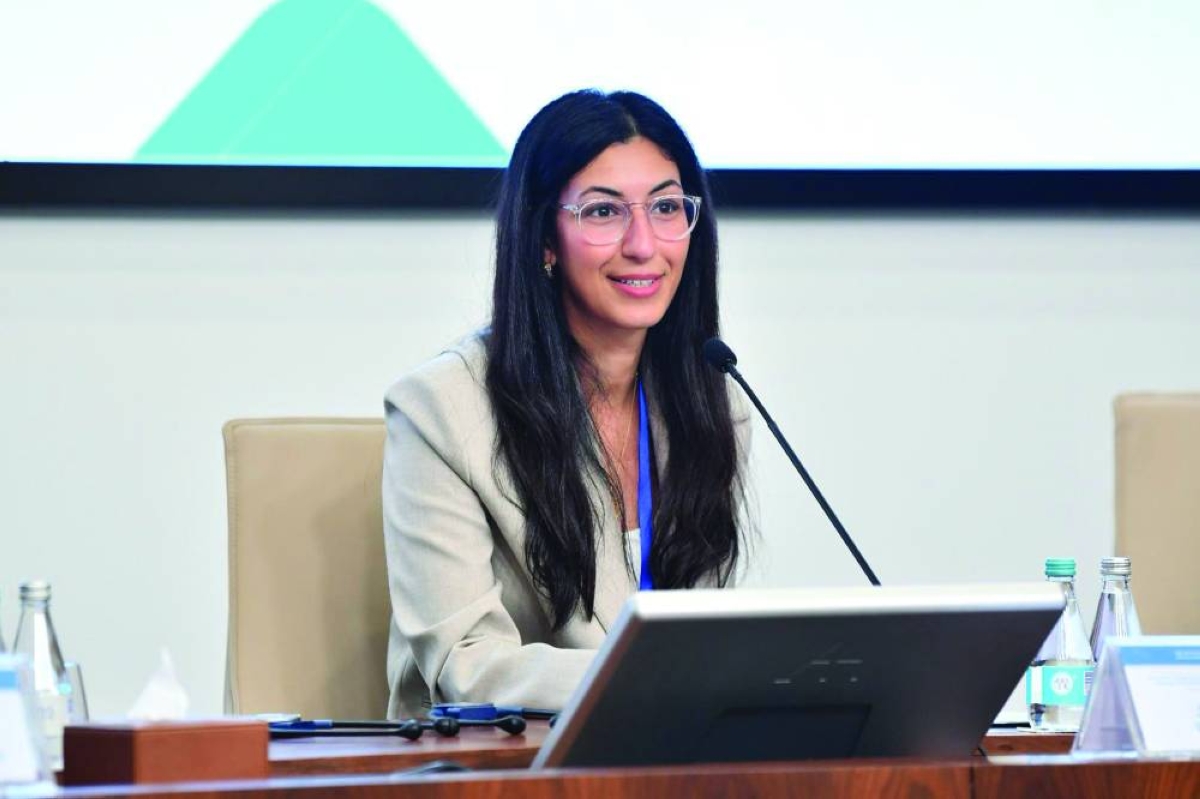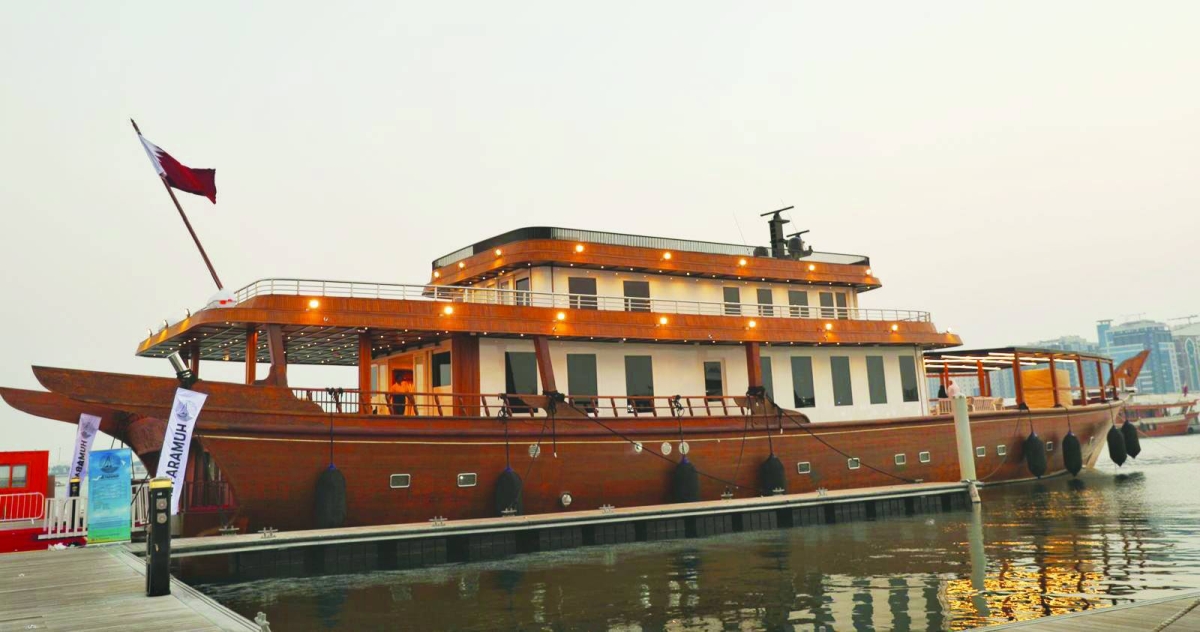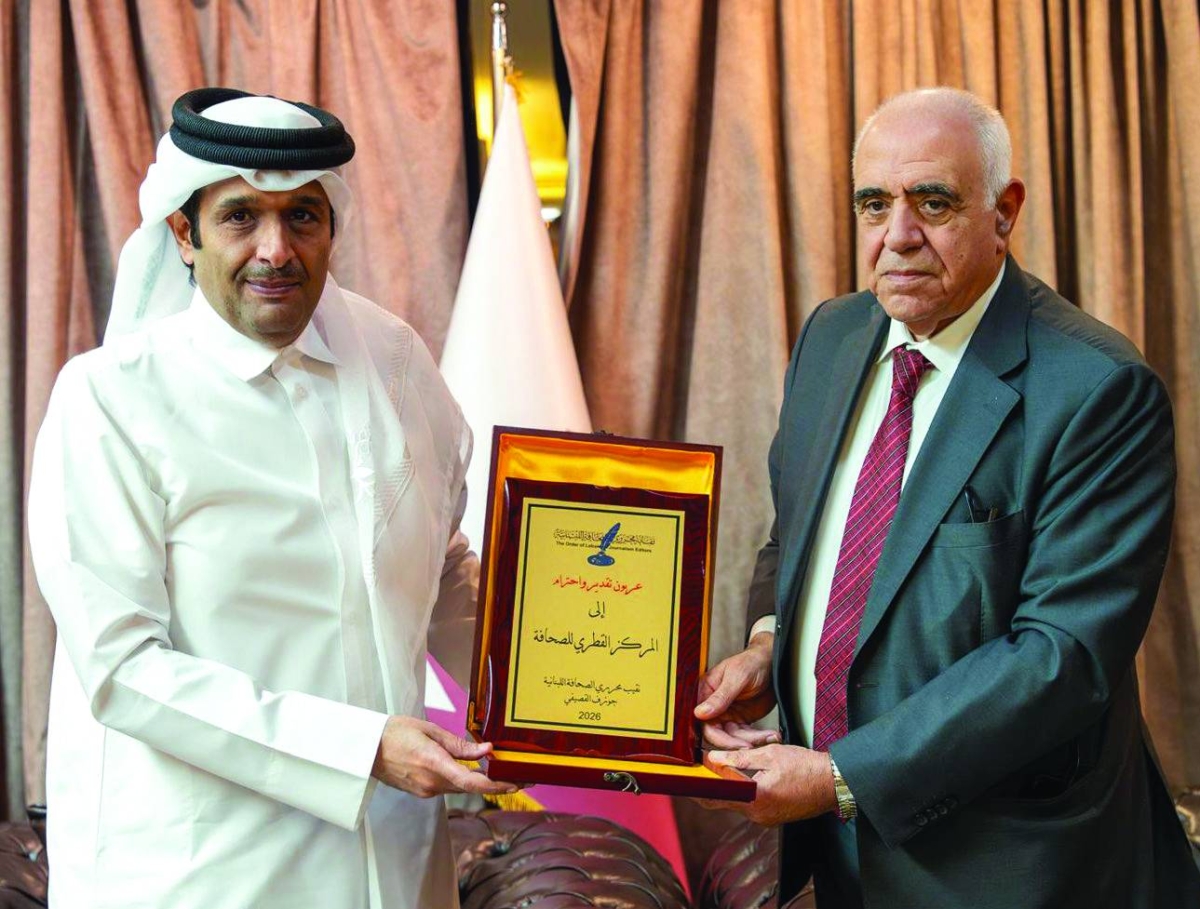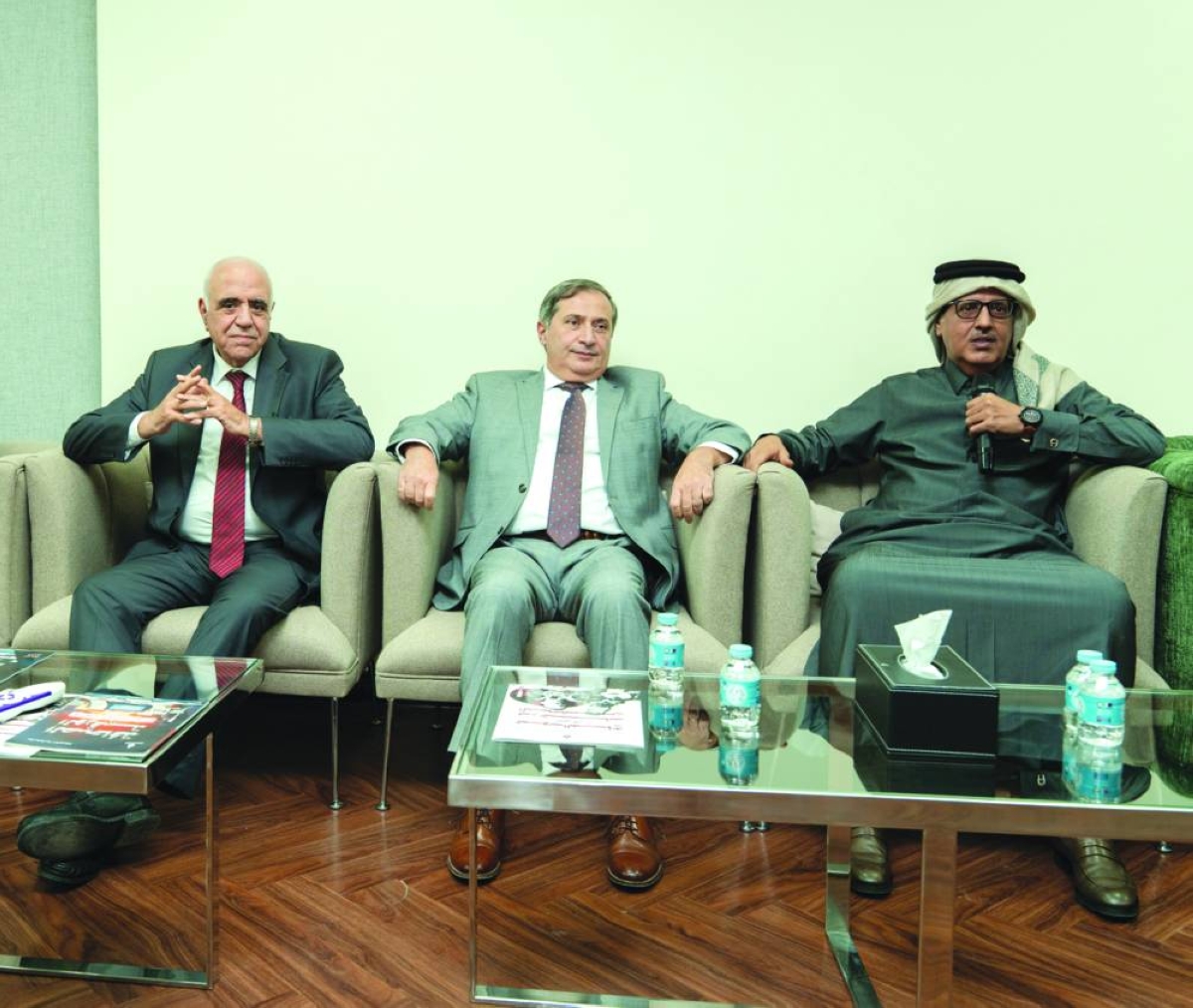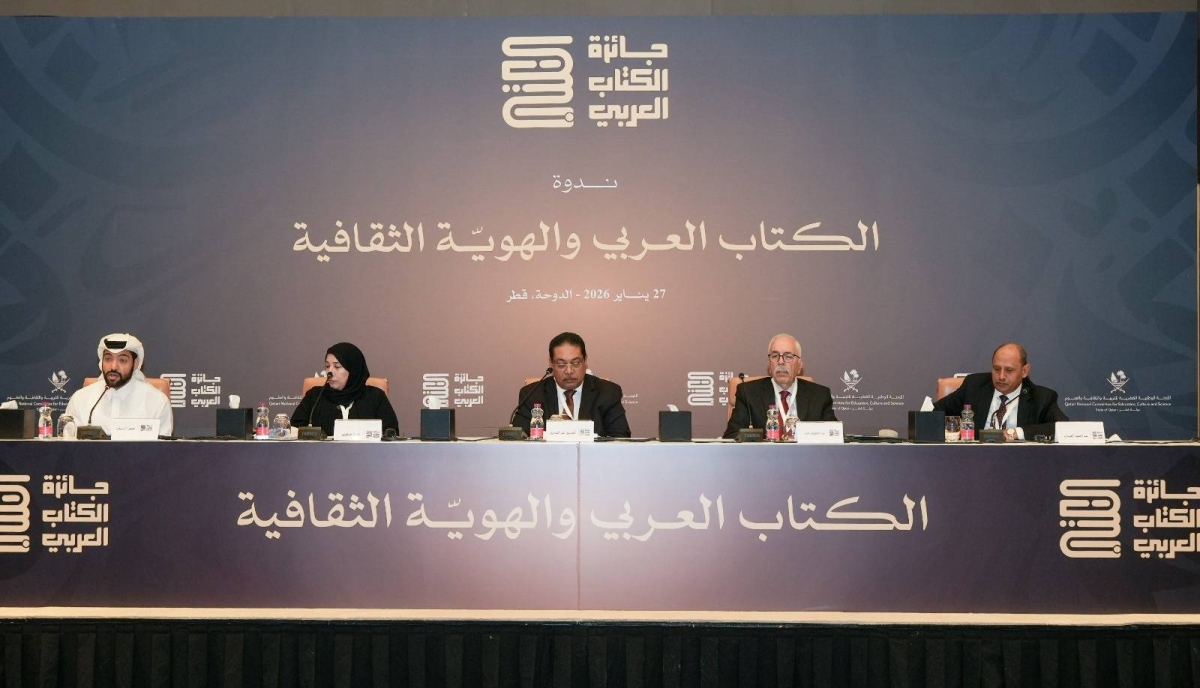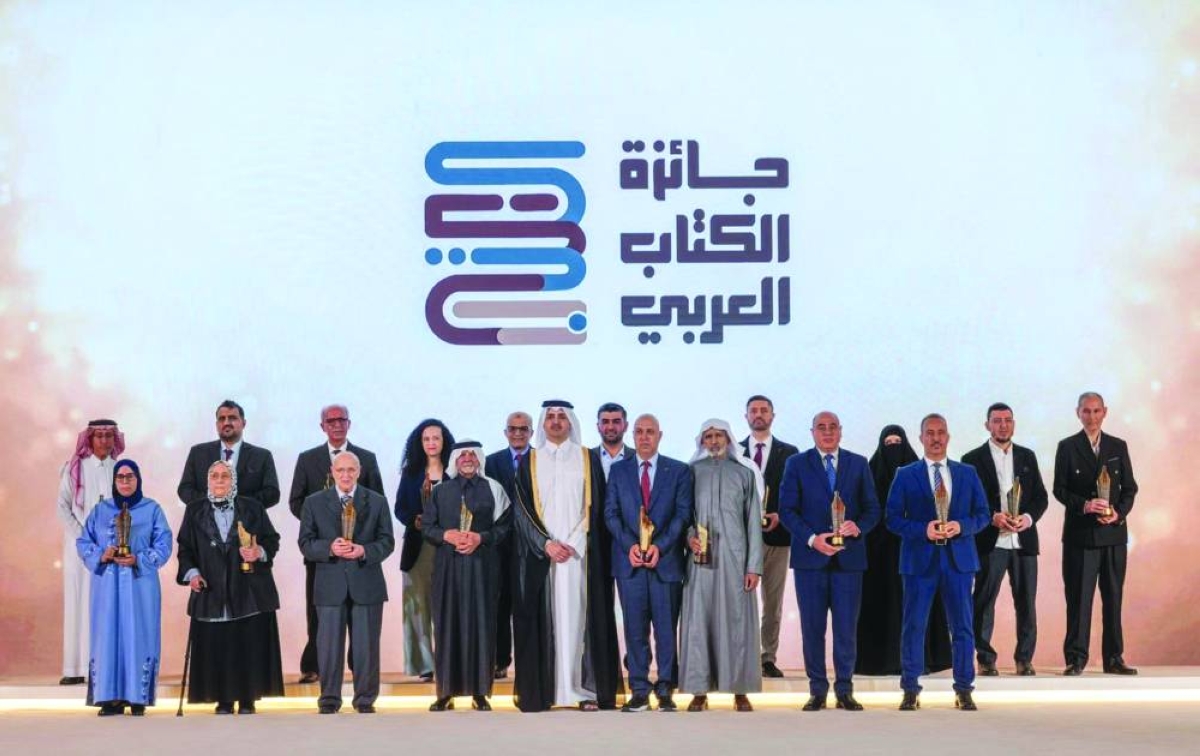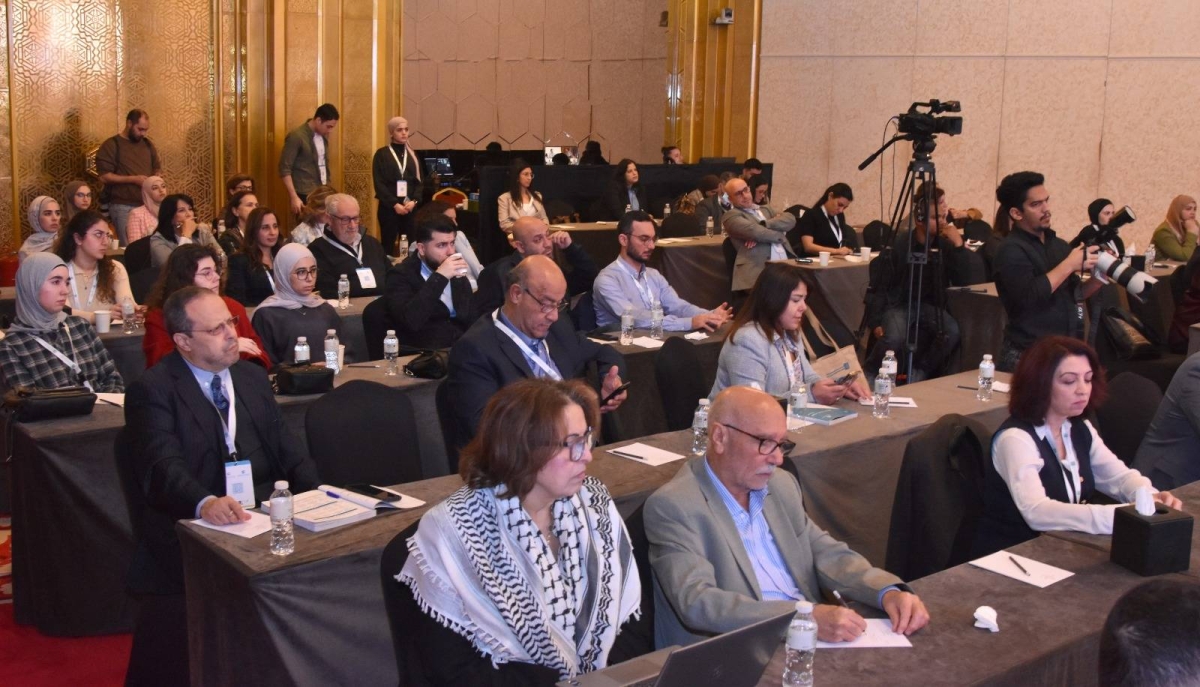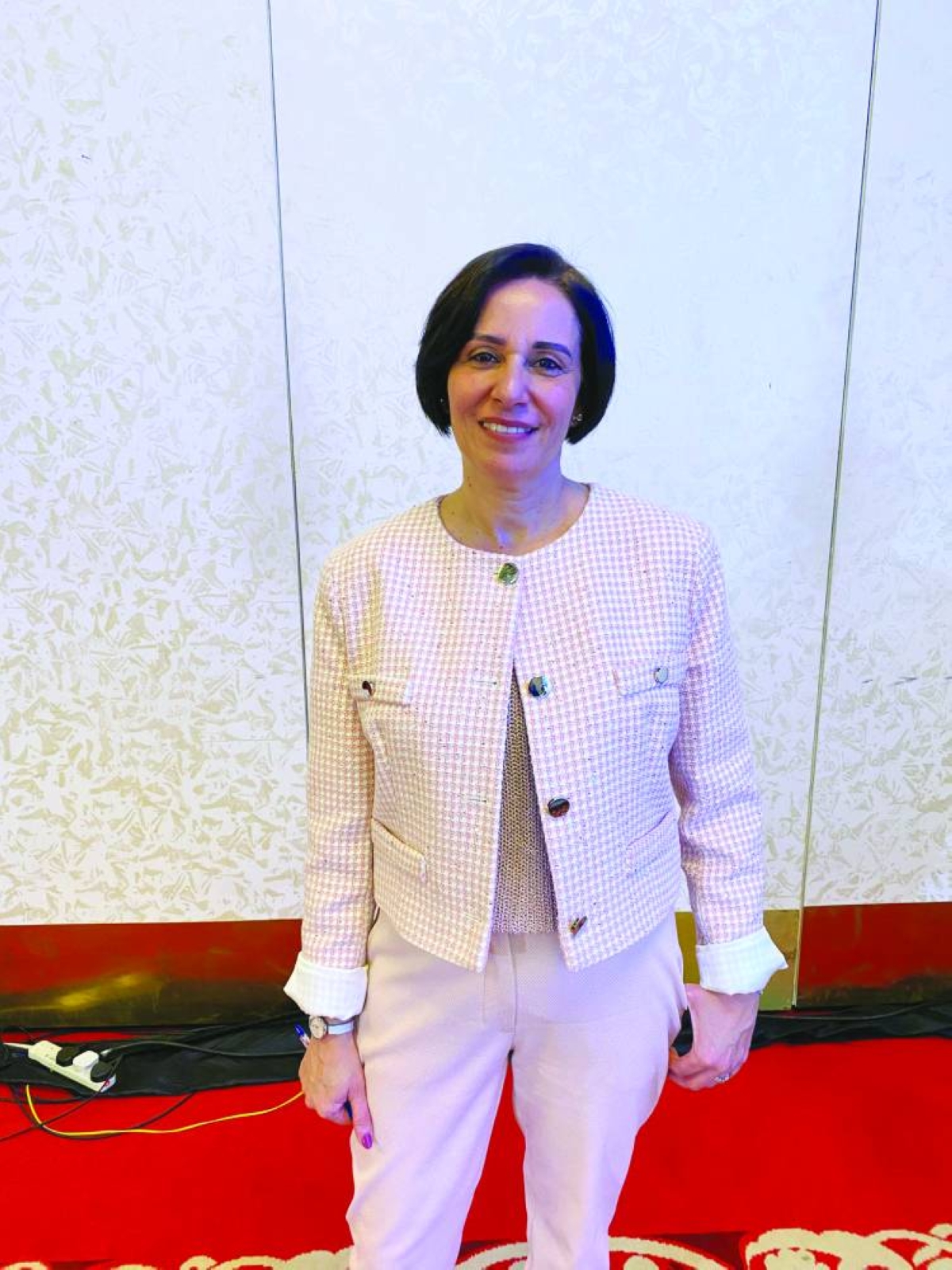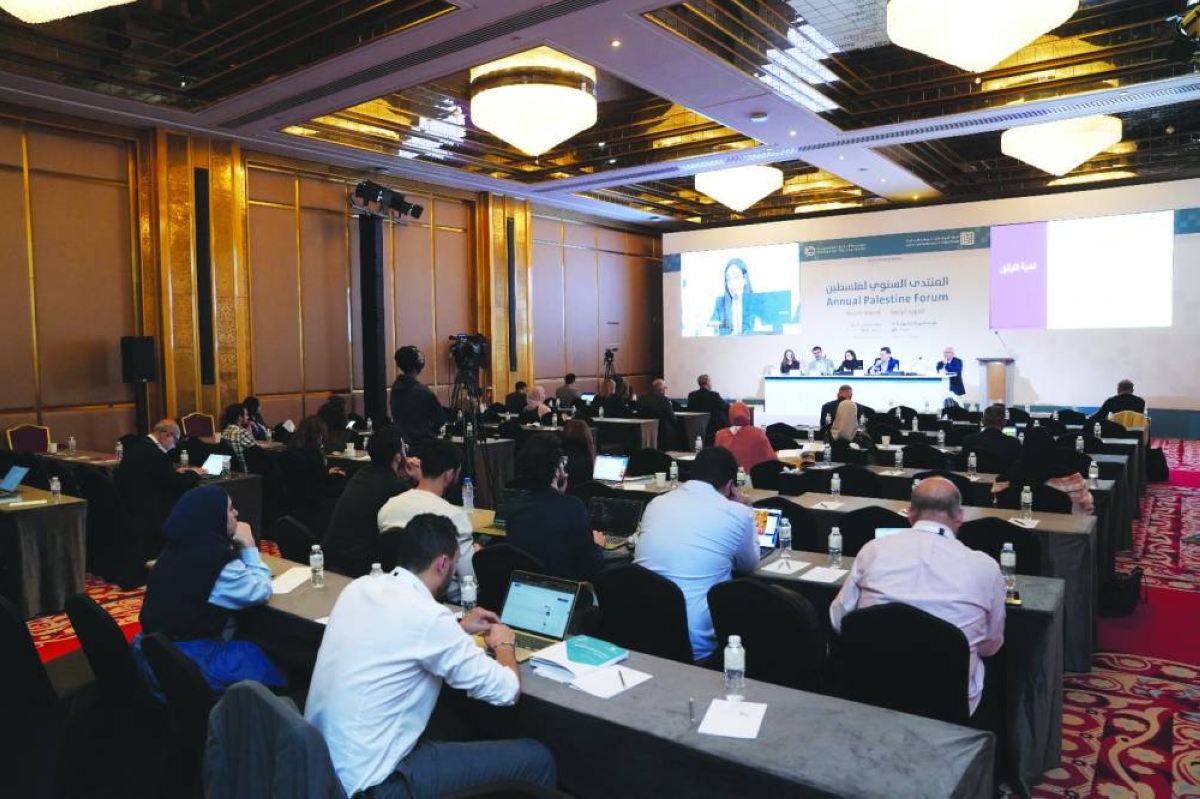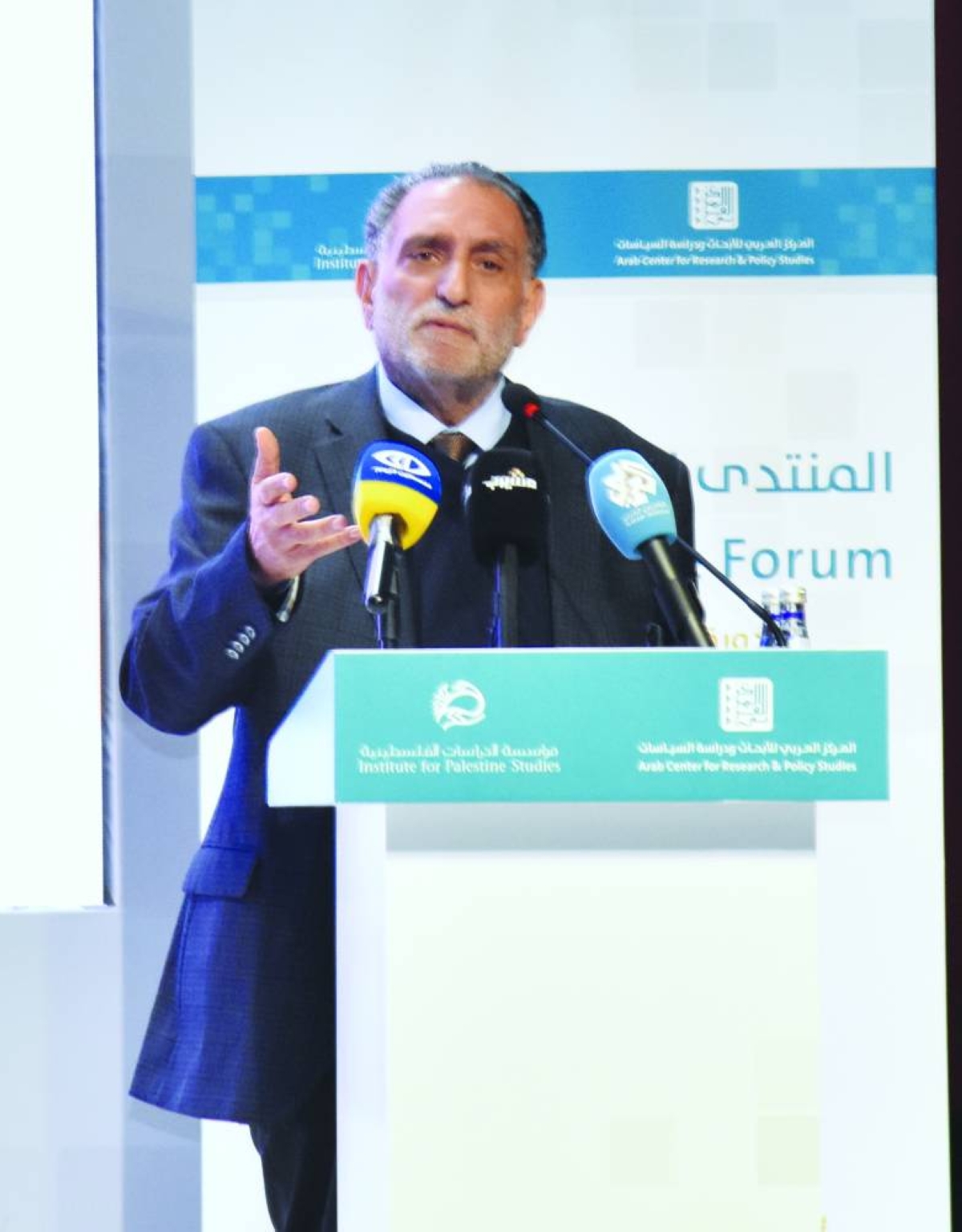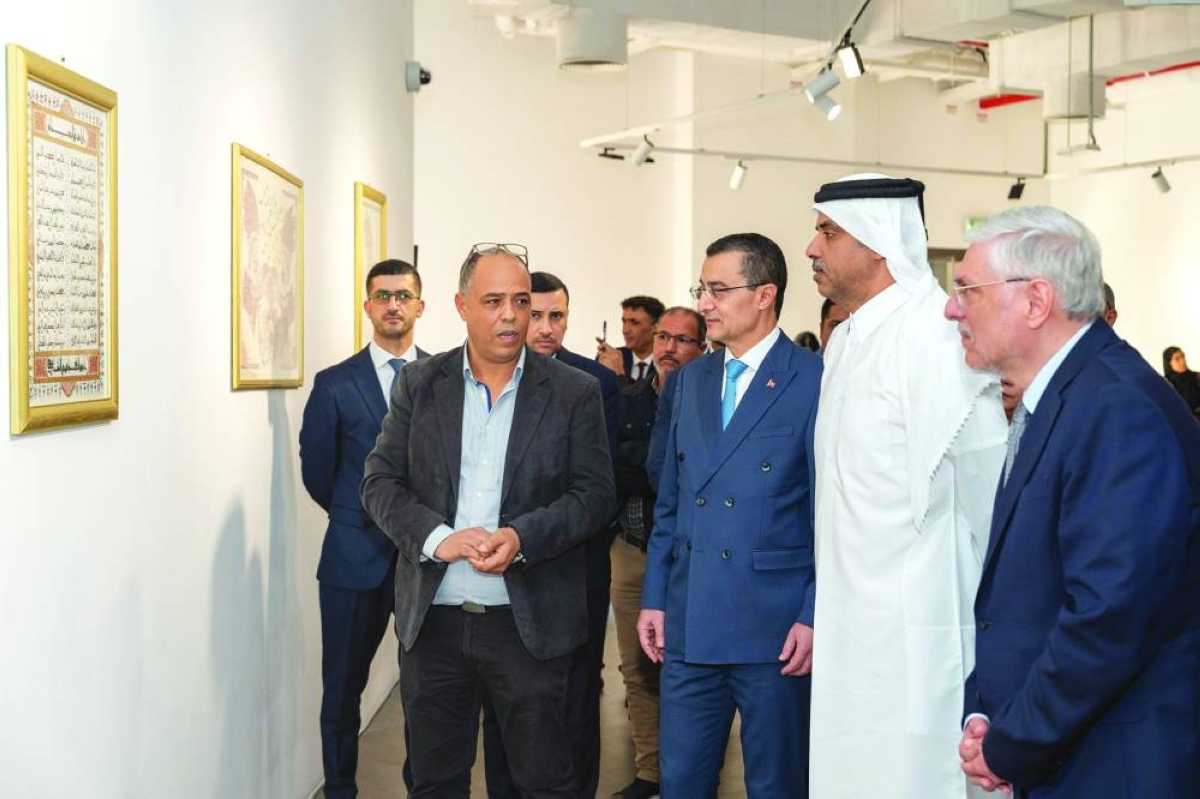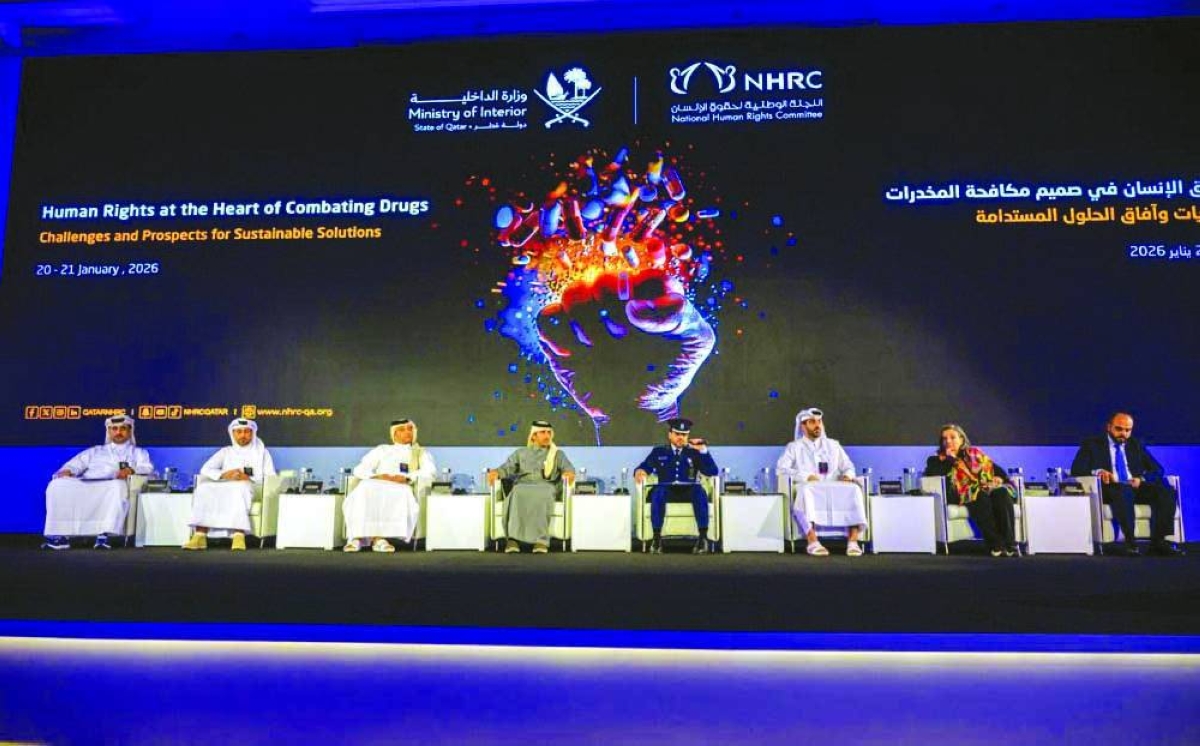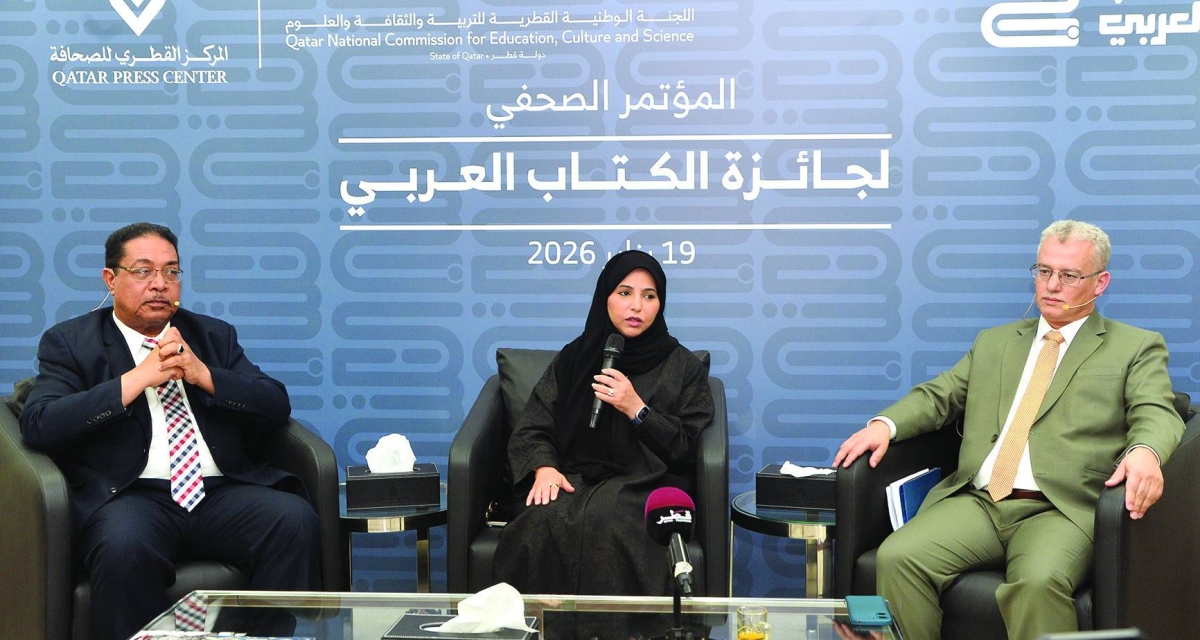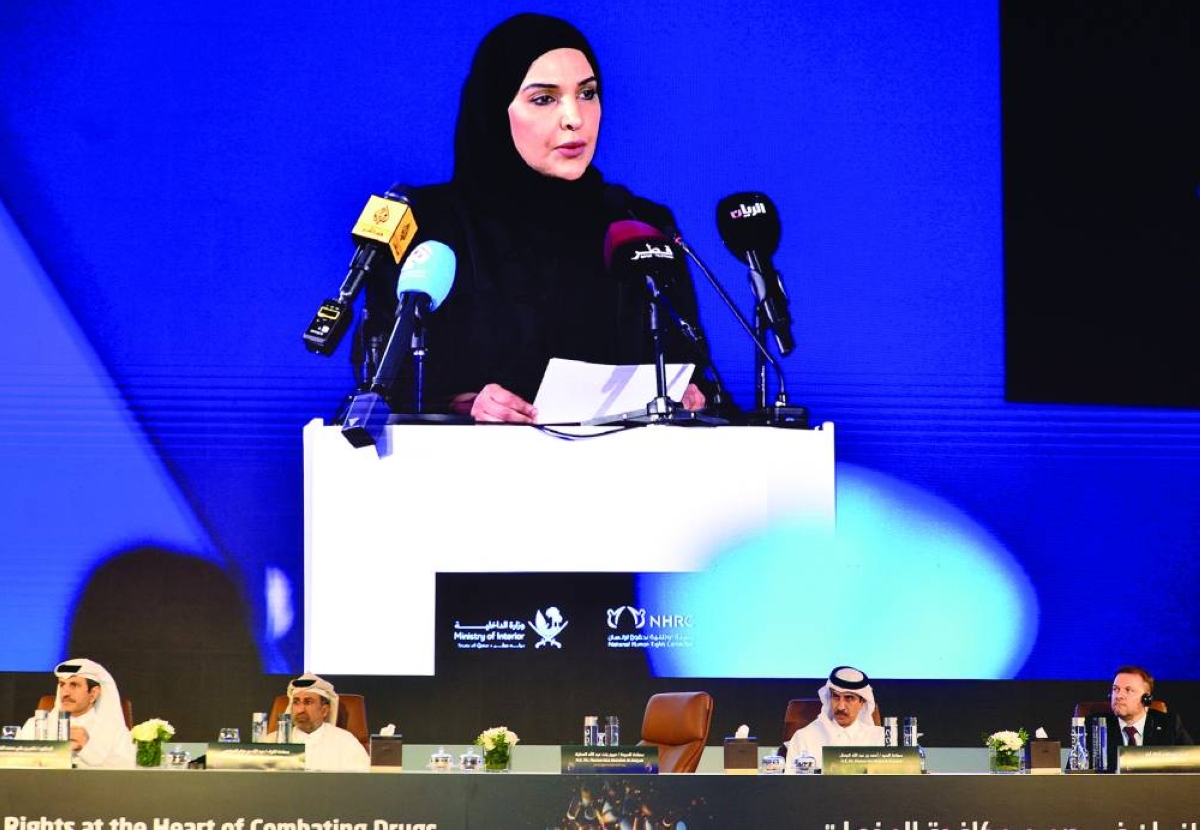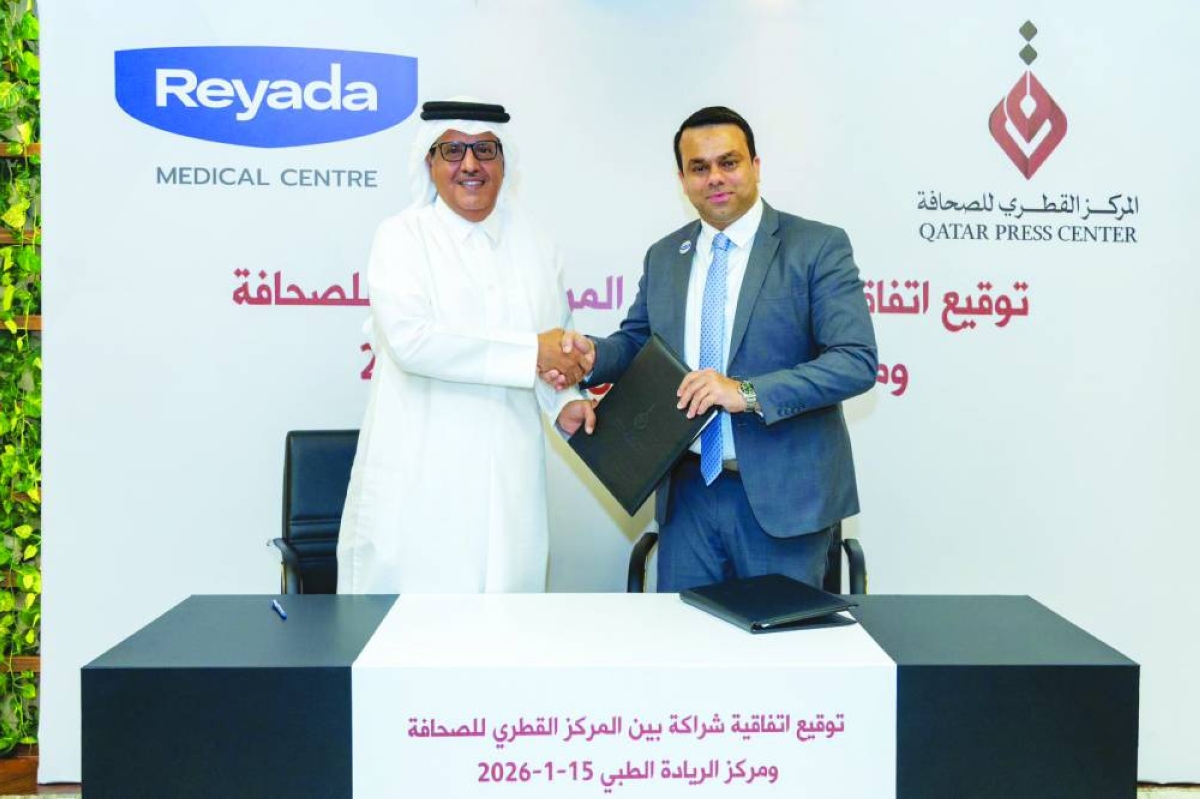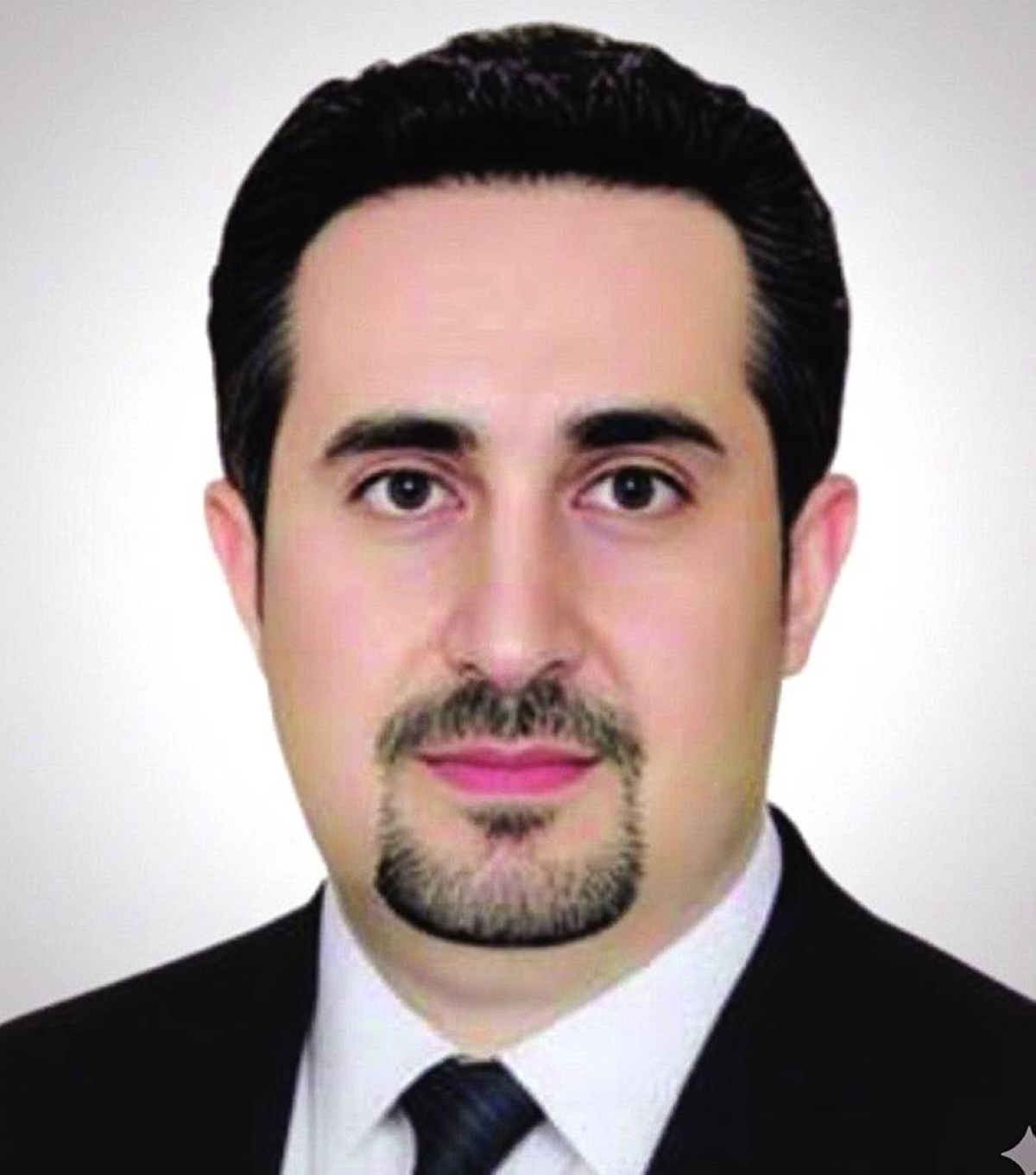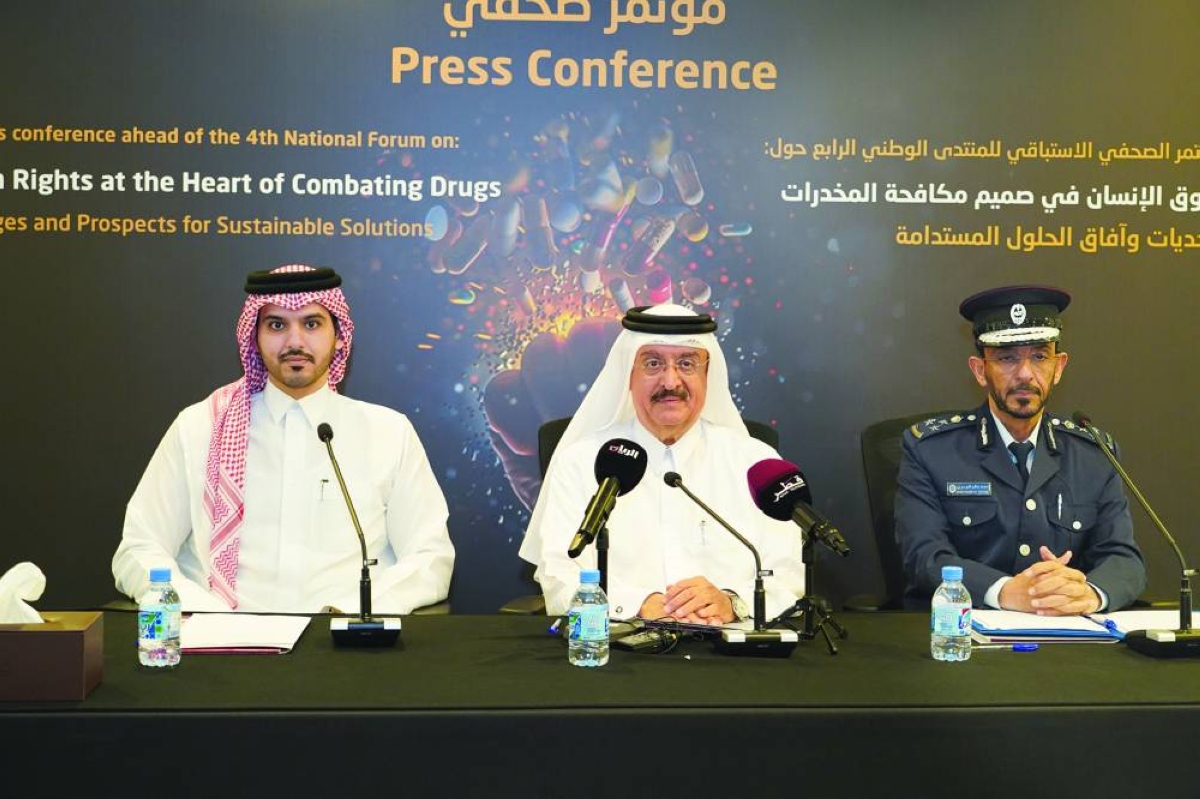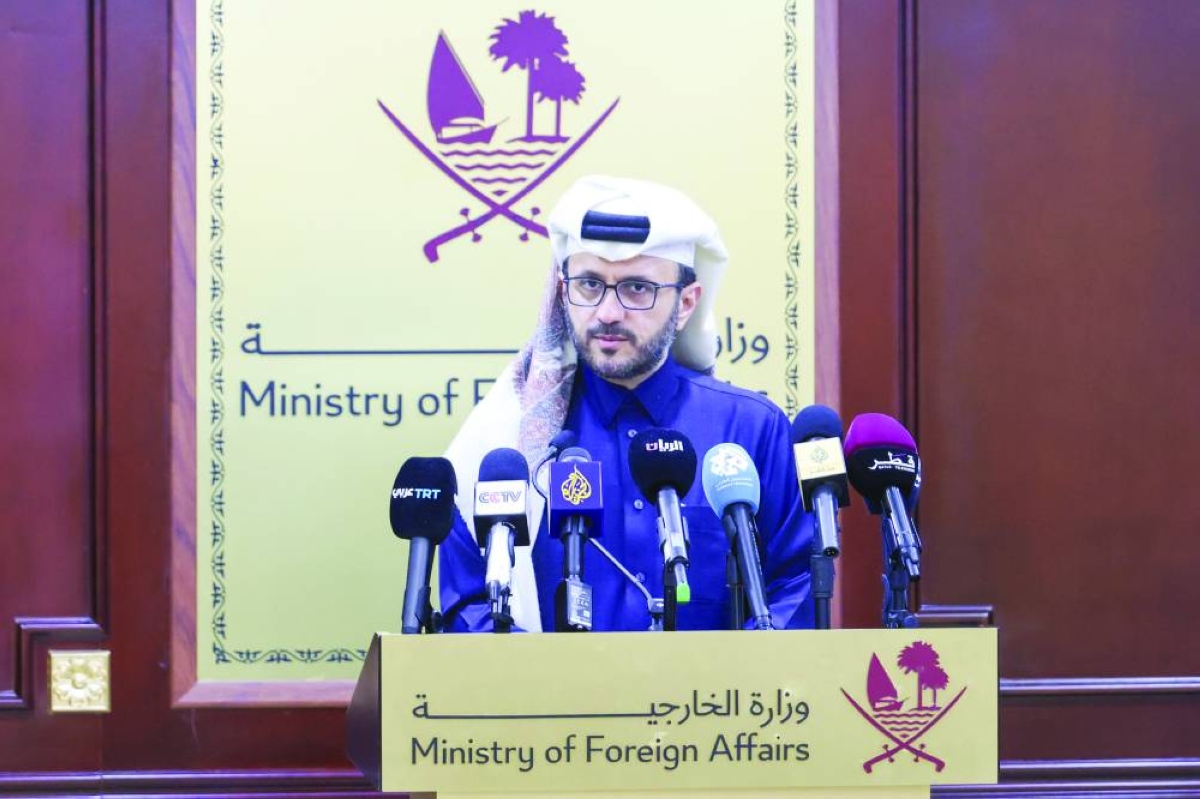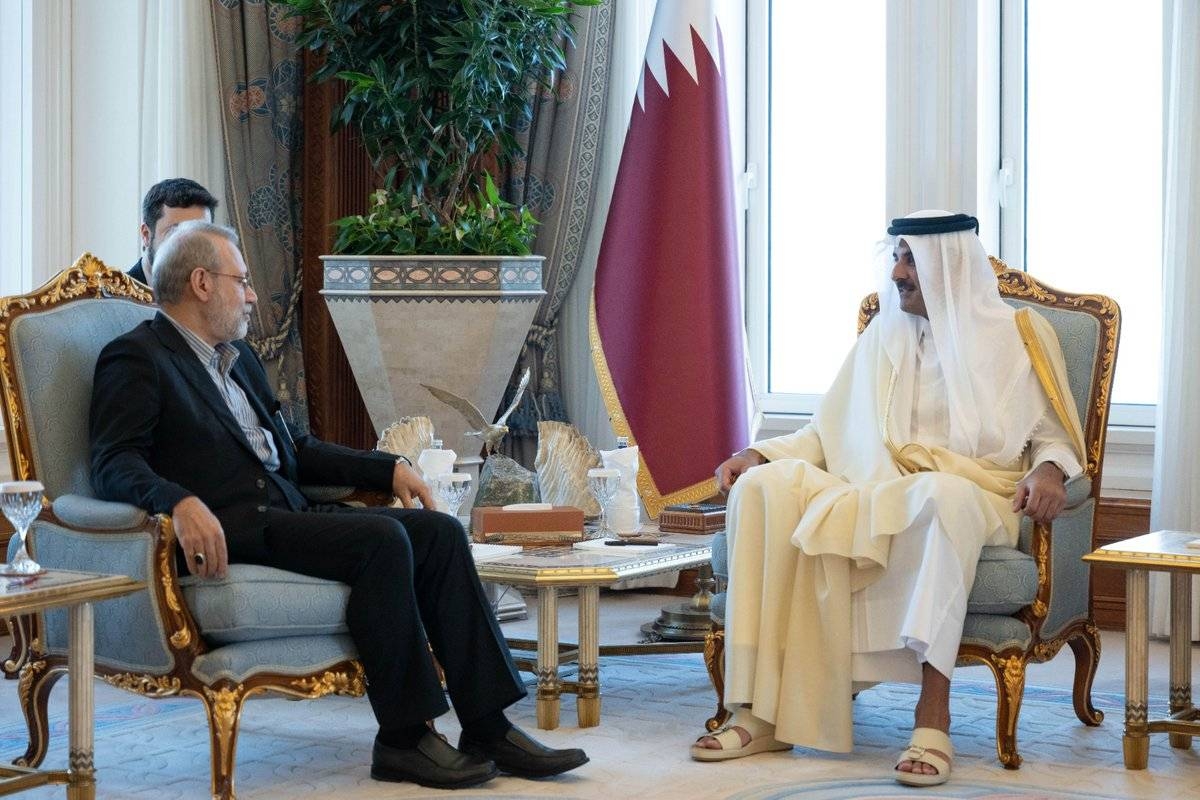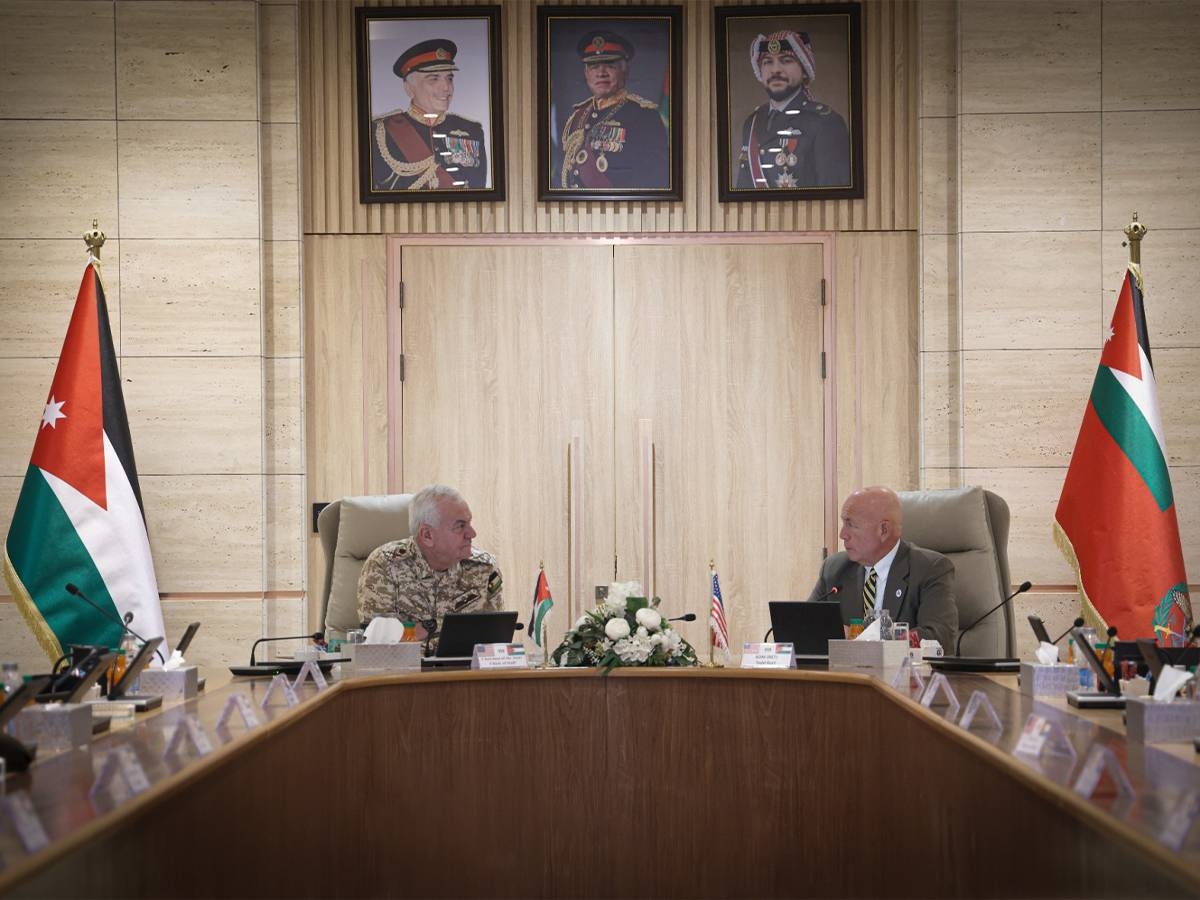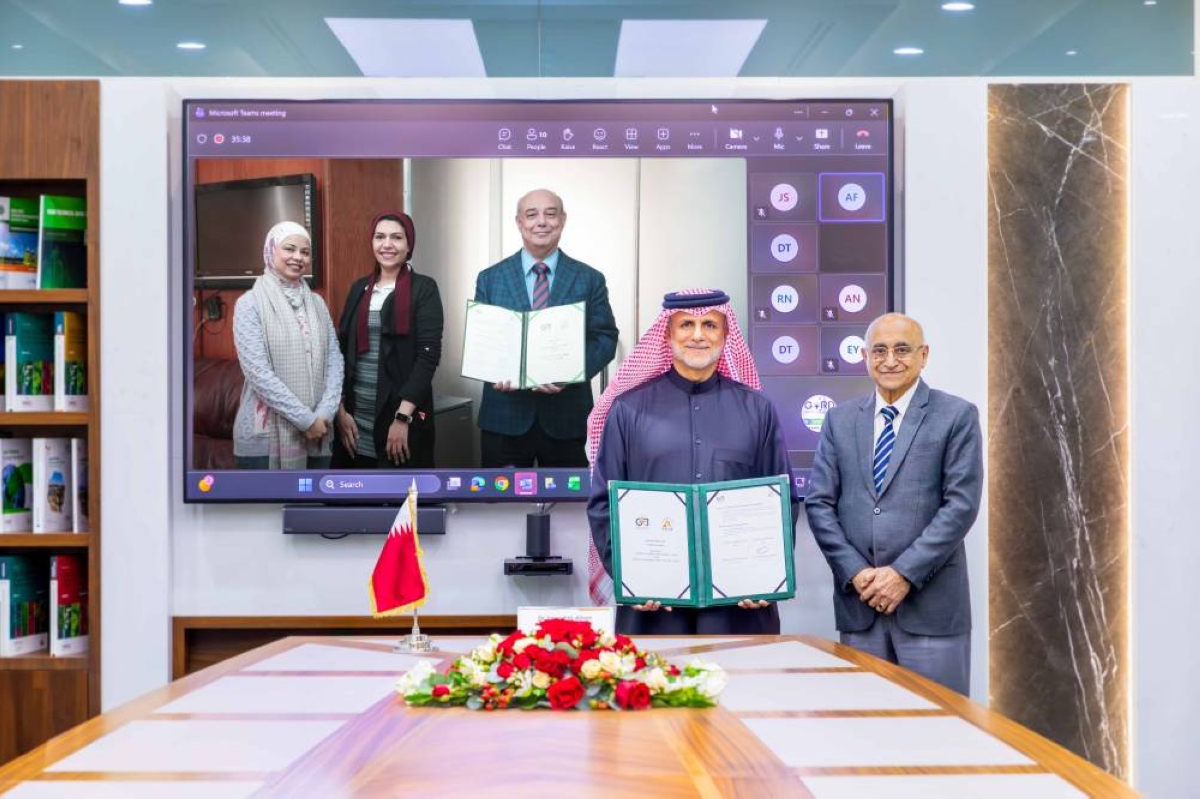Across the Arab world, internet access has quietly become part of everyday life. Yet behind this surge in connectivity lies a deeper divide — not between those who are online and those who are not, but between those who can simply connect and those who can truly navigate the digital age.In an exclusive interview with Gulf Times, sociologist and researcher Dr Laila Omar of the Arab Center for Research and Policy Studies (ACRPS) at the Doha Institute for Graduate Studies (DI) discusses what the latest Arab Opinion Index (AOI) reveals about digital literacy, inequality, and the shifting future of work in the region.The AOI — one of the largest public opinion surveys in the Arab world — conducted face-to-face interviews with more than 40,000 respondents across 15 countries during its 2024–2025 round. Its findings point to a dramatic rise in internet usage: 79% of respondents now use the internet, and nearly two-thirds go online daily. This marks a steep increase from 42% in 2012–2013, reflecting what Dr Omar describes as “a structural shift in communication, information consumption, and social life.”Internet access, she argues, now resembles a basic utility — in some countries, even more accessible than electricity or water. Smartphones have driven this transformation, with over 90% of users going online via mobile devices. As a result, the line between digital and non-digital life has largely disappeared. Yet, Dr Omar cautions, connectivity alone tells only part of the story.Despite widespread access, digital literacy remains uneven across generations, education levels, and nations. Many people can perform basic online tasks, but skills tied to critical thinking, fact-checking, and productive online engagement are far less common. This gap, she warns, has profound consequences — particularly in an era when social media dominates how information spreads.AOI data show that around 80% of internet users rely on social media for political news, especially during times of conflict. Yet only 41% trust the information they encounter there. For Dr Omar, this paradox underscores the urgency of digital literacy: without the ability to evaluate sources and detect manipulation, access can amplify misinformation rather than foster informed participation.Governments across the region have begun responding. Qatar, Saudi Arabia, the UAE, Egypt, and Morocco are investing heavily in digital infrastructure and e-government services, and education systems are integrating online tools. However, as Dr Omar observes, educational reform has lagged behind technological progress. Infrastructure has advanced faster than teacher training, curriculum redesign, and the development of workforce-relevant digital skills.This lag, she says, has tangible social costs. Digital illiteracy now compounds economic inequality as crucial services — from job applications to banking and training — move online. AOI findings reveal that 28% of households report incomes that do not meet basic needs. Limited digital skills thus become barriers to employment, upskilling, and mobility, particularly among youth and women. “Digital competence is no longer optional,” Dr Omar stresses. “It is now a form of social capital.”Looking ahead, she believes computer literacy will form the foundation of the future labour market. As AI, automation, and remote work reshape employment, basic digital competence must evolve into what she calls “AI-era literacy” — an awareness of how automated systems operate and the critical capacity to interpret their outputs. These themes, she adds, will take centre stage at the 2027 Social Sciences and Humanities Conference, which she will chair under the theme “AI and the Social Sciences in the Arab World.”To ensure digital literacy serves as a tool of empowerment rather than exclusion, Dr Omar identifies three policy priorities: "embedding digital and media literacy into school curricula; expanding adult and workforce-focused training; and strengthening regulation around misinformation, algorithms, and data protection".“The future,” she concludes, “will not be defined by connectivity alone — but by who has the skills to use it wisely.”

Tawfik Lamari
Tawfik Lamari is an editor at Gulf Times. He has several years of mainstream media experience in fortes such as culture, health, social issues, environment and has covered various events across MENA.
Most Read Stories
3

